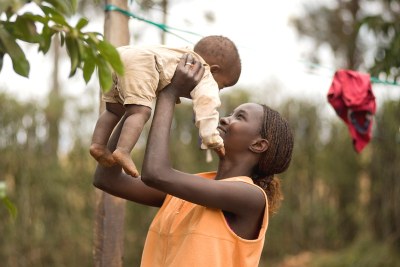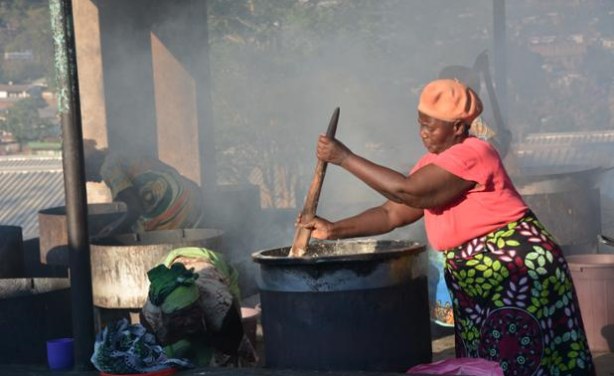-
Nigeria: Customary and Religious Laws Are Impeding Progress Towards Women's Health
The Conversation Africa, 11 February 2021
Numerous countries have committed themselves to promoting the sexual and reproductive health of women and girls by ratifying international human rights treaties. These include the… Read more »
-
Africa: What's in the Way of Quality Antenatal Care for Women in West and Central Africa
The Conversation Africa, 11 February 2021
Globally, nearly 300,000 women die from pregnancy-related causes each year. Most of these deaths are in the low-income countries of sub-Saharan Africa and South Asia. Read more »
Customary, Religious Laws Hinder African Women's Health Issues
In multiple countries, customary and religious laws have been found to uphold practices that discriminate against women and undermine gender equality. Customary and religious laws have been linked to high rates of child marriage, decreased female autonomy, and limited access to justice for women and girls. When girls marry very young, they often drop out of school and start a family early. In customary and religious marriages they may not be allowed to make their own decisions about contraception, healthcare, and childbirth. And other people's decisions may put their health at risk, writes Monique Baumont, Samantha Garbers, and Terry Mcgovern for The Conversation.
InFocus
-
The Covid -19 pandemic is a setback to women's health across Africa. Downturns have been reported in the numbers of women seeking antenatal and postnatal services, while public ... Read more »
-
"There is a high burden of reproductive illnesses among Nigerian women but a lot of it hidden because of an unspoken rule of silence.", writes Oludoyinmola ... Read more »
-
South African public hospitals have been experiencing a shortage of contraceptives that include injections like Depo-provera, Nuristate and the pill, which often result in unwanted ... Read more »





